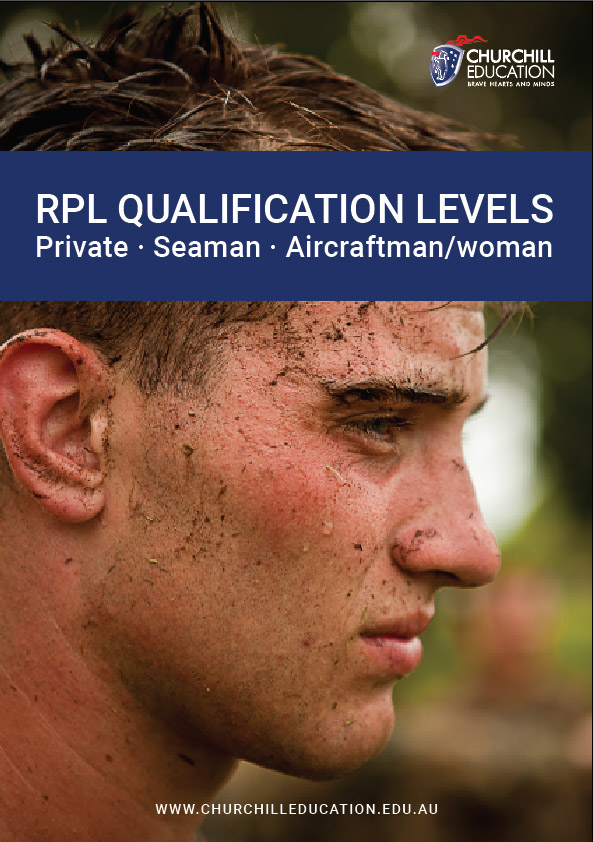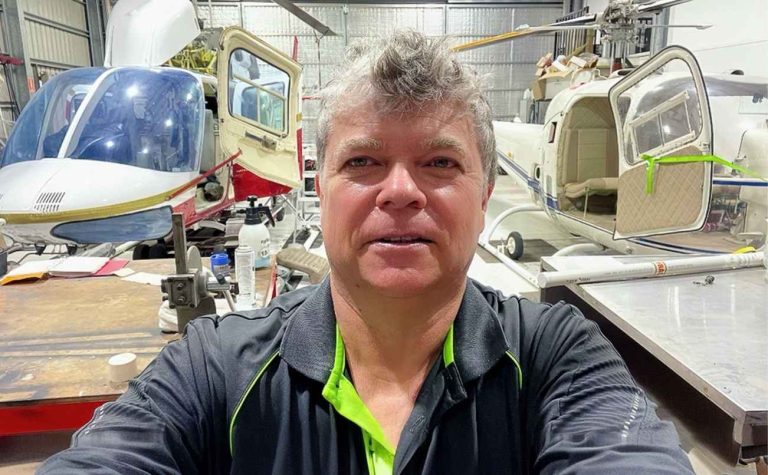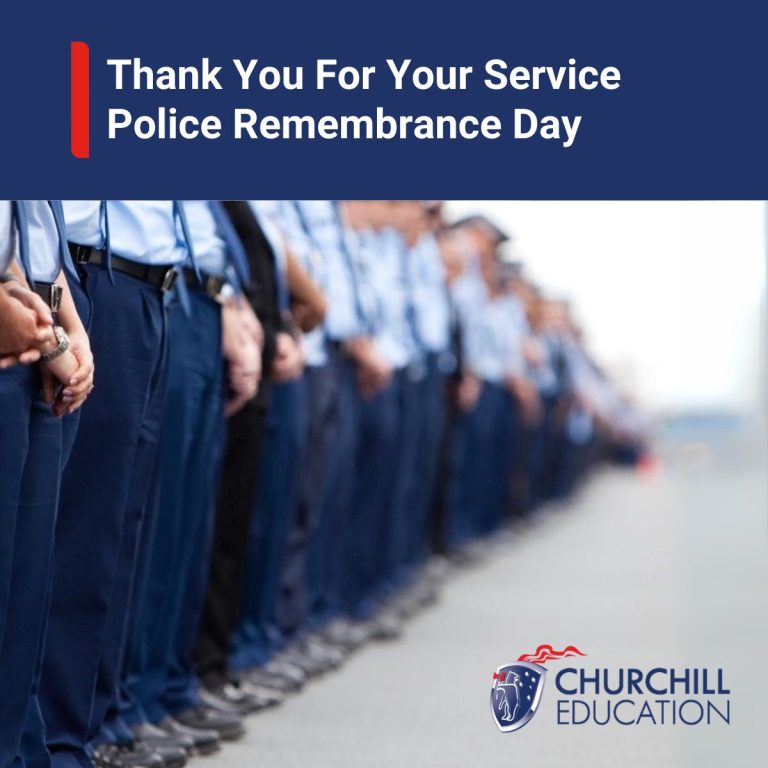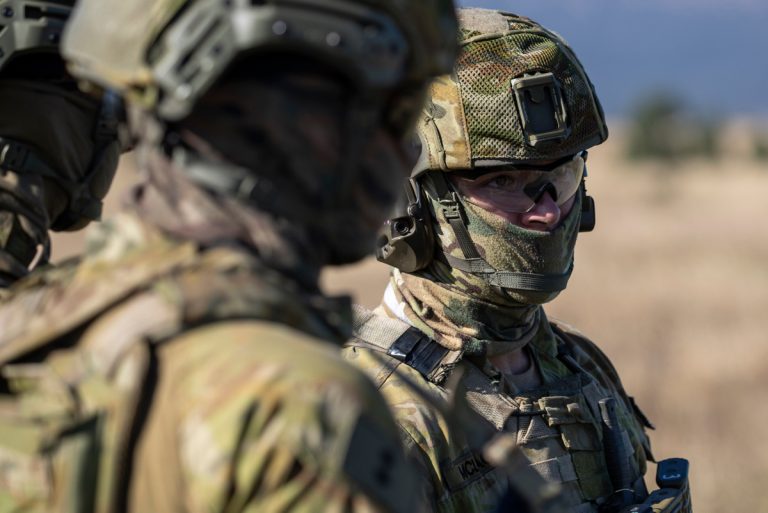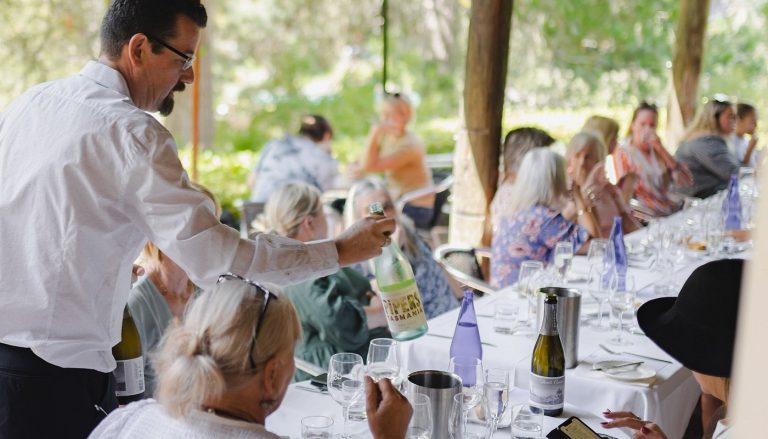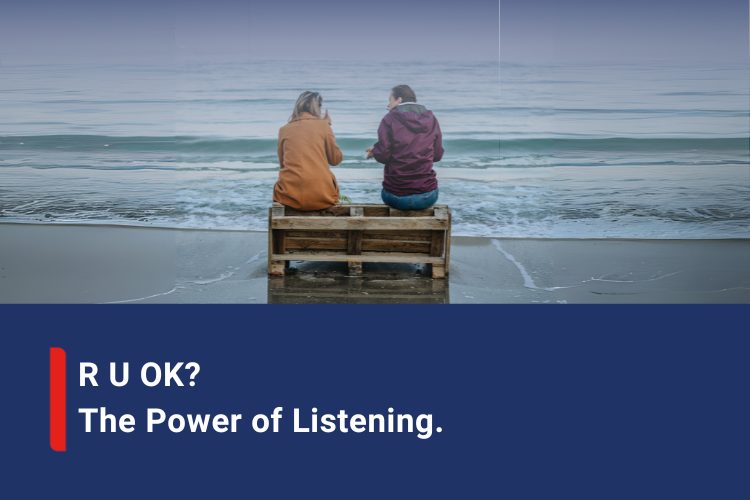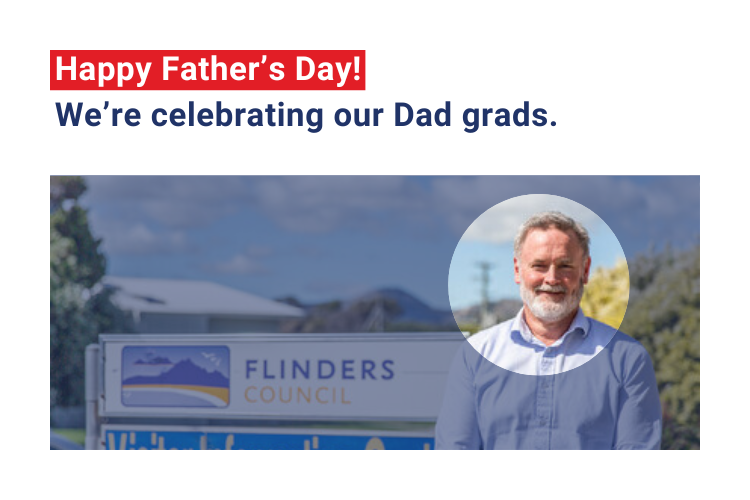What Qualification Levels Match to RPL for Private, Seaman or Aircraftman’s Experience?
When personnel in these ranks come to us for RPL, we often find they are unclear about how their experience translates into qualifications. In the following article you will discover what skills and experience count towards your qualification, what evidence you need to provide, the appropriate qualification level for your rank, why it is important to get the qualification that matches your experience; and how you can achieve higher qualifications.
Stepping into the full-time Australian Army, you’ll be proud to sit at the rank of Private.
In the Navy, you are kicking off as a Seaman (SMN) or Ordinary Seaman.
In the RAF, you will be an Aircraftman or Aircraftwoman.
And after your recruit training, you deserve it.
These are the ranks at which you are learning your role, and it makes sense that you are following orders, coming down from above. You are there to be a team member, someone getting things done, and you are not going to be the person giving orders. There are processes, policies and procedures already in place for you to follow.
So, when it comes to matching this to civilian qualifications, it is important to remember that qualifications move up in levels in the same way that ranks move up in the military. Each move represents a progression in the work that is expected of you, the complexity of this work, and the accountability of the work. The higher you go, the more responsibility you have to match your role.
Makes sense, right?
What Counts Towards your Qualification?
When it comes to qualifications, every Registered Training Organisation (RTO) must, if called upon to do so, be able to prove to the national regulator for Australian qualifications that you have the matching standard of skills and knowledge that the qualification requires. Each qualification has its own unique list.
Find out what you’re eligible for
That’s why when we are looking at the service of a Private, Seaman or Aircraftman/woman, and how that maps to civilian qualifications through Recognition of Prior Learning, we start with two simple questions:
1.What is it that you know?
Typically, at a Private, Seaman or Aircraftman/woman level, you will have applied a broad range of knowledge at this early stage of your career. Over time, you may develop more specialised knowledge.
2.What is it that you can show?
This is where we focus on your skills. For example, as a Private, initially you will have a broad range of skills in varied contexts that means you can undertake skilled work in your Corp. Over time, you may develop a more specialised set of skills.
Matching Starting Rank Jobs to the Right Qualification Level
In civilian terms, the absolute beginner in any industry typically begins at a Certificate II level. Think of this as the young person starting out in high school at a local café – the level of skill expected is quite basic and this is the Certificate II level.
The next stage is Certificate III and this is where someone who has progressed through basic training begins to truly learn an industry and becomes a capable member of a team.
As a Seaman, Aircraftman/woman or Private, your service will typically match up with a Certificate III or Certificate IV level, depending upon your length of service and whether you have been deployed during your service.
At Certificate III level, your work is dictated by the organisation’s standards or someone higher up than you, and you report to your team leader. You have developed some skills in the routine areas that make up your everyday work. You have watched people giving the orders, and you may even have some views on how to do this better, but you have not actually got the runs on the board as a team leader yourself.
At Certificate IV level, you are moving from a broader range of skills and knowledge (where you can know a bit about a lot) to some specialised skills (where you know more about a few specialised areas). You may even be in charge of a small team or take on some responsibilities, at least some of the time.
Our experience in assessing Privates, Seaman, Aircraftmen/women since 2006 has been that you will often have a more specialised knowledge in areas like Work Health and Safety, and Security and Risk Management that sits in the space of a Certificate IV level.
Now, every case is always assessed individually because everybody’s career is slightly different. And in considering Recognition of Prior Learning, we look at the entirety of your career and experience over the last five years. You may even have a side gig or volunteer position that puts you at a higher level than Certificate III or IV.
However, based on military service alone, it would be the exception rather than the rule that Privates, Seamen or Aircraftmen/women come in at Diploma level.
Why is it Important to Get the Qualification Level That Matches my Experience?
Sometimes, we hear from Privates/Seamen/Aircraftmen, who we have assessed at Certificate III or IV level and they have managed to get a higher qualification through RPL.
Unfortunately, in every industry there are providers who are going to push the boundaries and offer a snazzier option at a cheap price.
Here’s where it backfires…
Employers are savvy. They understand the sort of skill set that someone at a Certificate III or IV level should have, and they understand where a Diploma-qualified person should sit in terms of the work they can do readily. And that is the standard of work they will expect in return for your salary.
And for those employers who are behind employing veterans (and these are growing on the back of some great initiatives), they really do understand where a Private, Aircraftman/woman, or Seaman sits in terms of their experience and qualifications.
Recently we were talking to someone from an international logistics company who employs a lot of defence personnel in Australian – and their first comment was that when they see a Private with a Diploma they know that it doesn’t match. Their second comment was that they like working with Churchill’s graduates because they know our qualifications are assessed and issued at the appropriate level. It’s one of the reasons we take such care in doing a proper assessment of our client’s skills and knowledge – because our reputation can impact your career.
Find out what you’re eligible for
But just say you pick up an employer that is a little less savvy on understanding military service, this is where it can backfire to take that sneaky Diploma. You get the job, but the reality is that you still have to pull off that level of expertise on the job … and reality kicks in, that you haven’t managed a team of 10 or more, designed those policies from scratch or accounted for those budgets.
And suddenly, you are staring down the barrel of a performance management issue and life on Civvy Street starts to become rocky.
How can I Achieve Higher Qualifications?
Here’s the good news. If you want to get ahead in qualifications, you have to learn.
You can either learn by returning to study in a classroom, online or face to face.
Or you can learn on the job.
Hard work is rewarded with opportunities to progress, and in learning on the job, you can always come back to get your Diploma, Advanced Diploma or even higher, based on your experience.
Find out What You’re Eligible for
If you are looking at transitioning out of Defence soon – the best option would be to take a look at what qualifications your rank and individual experience makes you eligible for now.
You can then use these qualifications to gain a civilian position or as credit towards further study.
And then you can come back to us down the line once you have more experience or training to be awarded a diploma or higher.
It’s your career – and it’s worth making the most of what you know now to help you get where you want to go.

